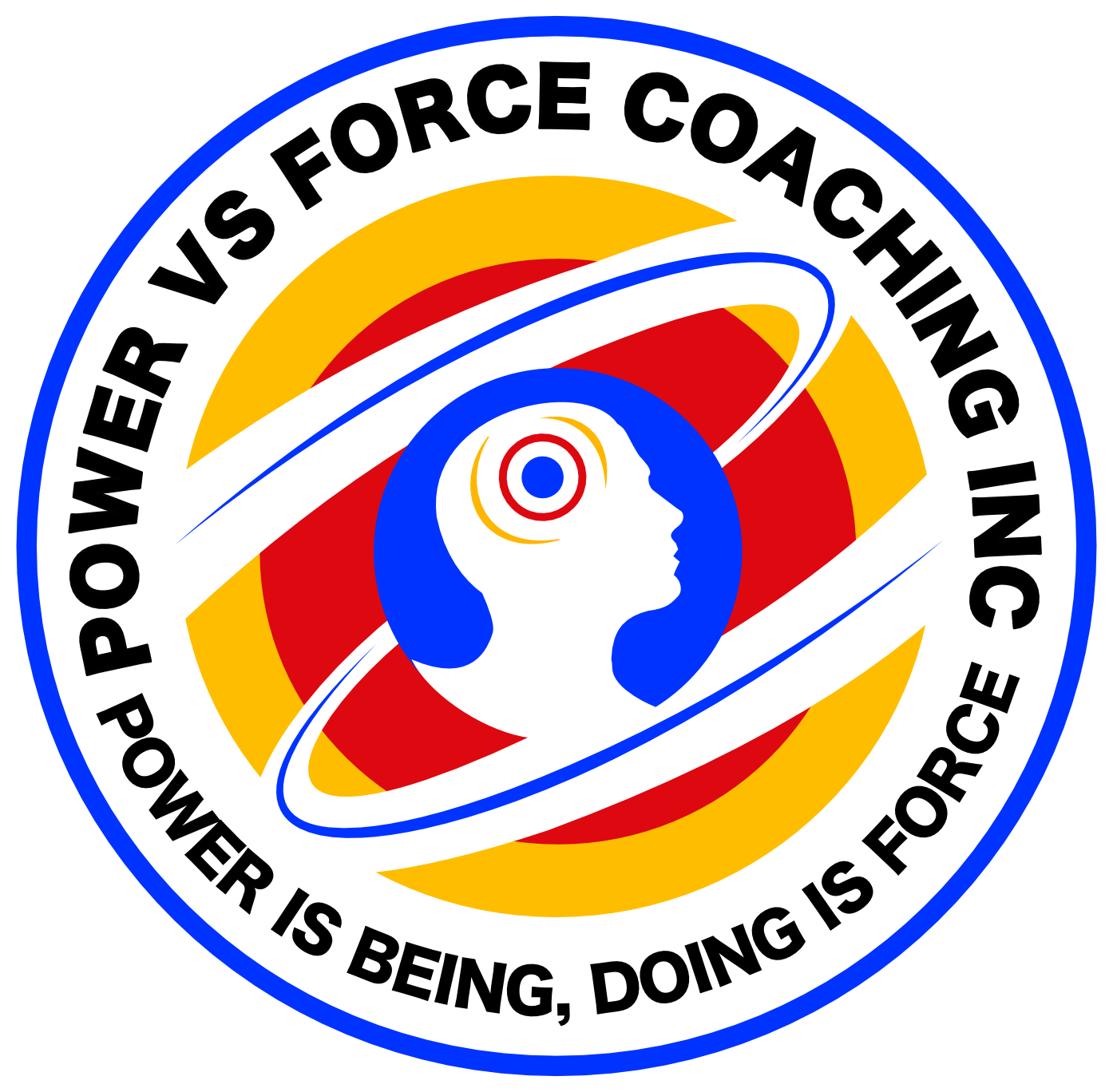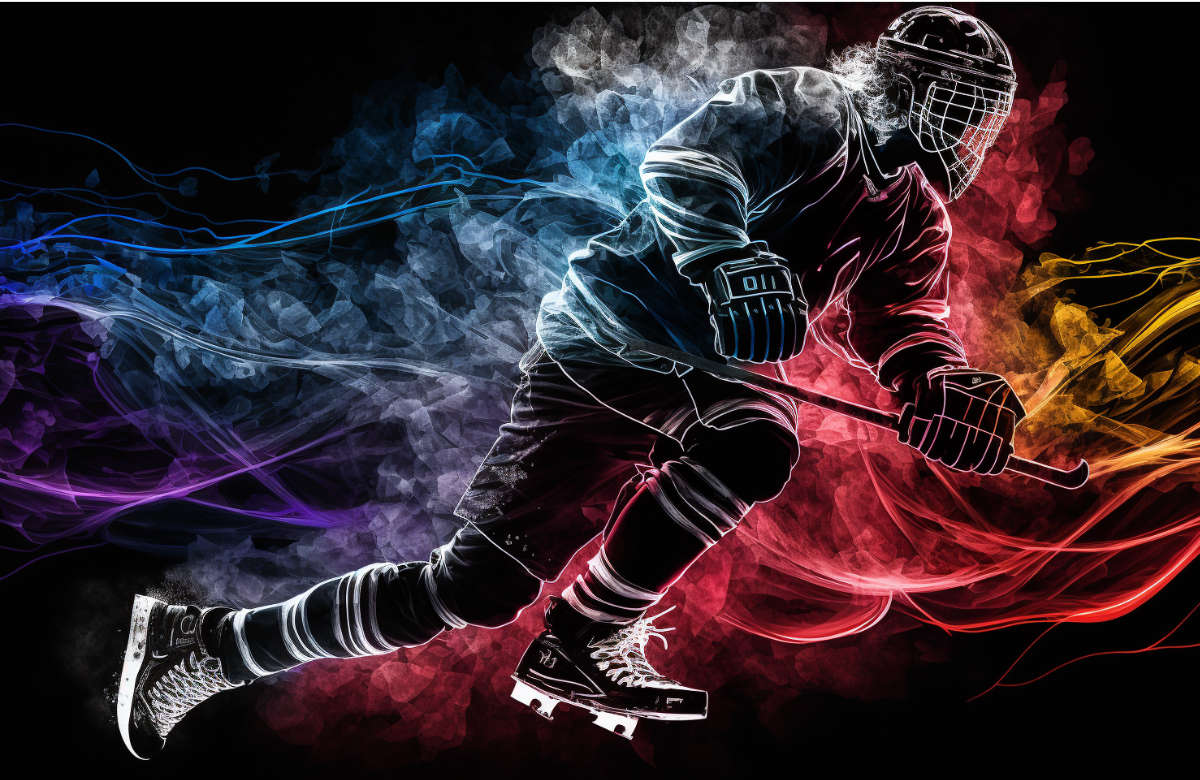“Hockey is a game of resilience. It’s a game of how quickly you can get back up when you’re knocked down.” – Wayne Gretzky
As a specialist in COR.E Performance Dynamics, I have observed that resilience is a key factor in achieving success, both in sports and in life. In this blog, I will explain why being resilient is important in hockey and beyond the outcome of any given game. Additionally, I will also explain five ways that Energy Leadership is effective in enhancing resiliency in hockey.
Thee follow are five reasons why resiliency is key in Hockey:
- Resilience helps you overcome setbacks Hockey, like any sport, is full of difficulties. One day you might win a game, but the next day you might lose. It is important to be able to bounce back from setbacks and not let them affect your performance. Resilience is the ability to recover from adversity and continue to move forward. It helps you maintain a cheerful outlook and keeps you motivated to keep trying even when things get tough.
- Resilience helps you cope with pressure Playing hockey at any elevated level can be incredibly stressful. Whether it is a playoff game or a game against a tough opponent, there’s often a lot of pressure to perform. Resilience helps you cope with that pressure by enabling you to stay focused, maintain your composure, and perform to the best of your abilities.
- Resilience helps you learn from errors. In hockey, as in life, errors (often called mistakes) are inevitable. However, it’s how you respond to those errors, which makes all the difference. Resilience allows you to view mistakes only as errors, and as opportunities to gain experience and grow. Rather than dwelling on your errors, you can use them as motivation to improve your skills and become a more effective player.
- Resilience helps you adapt to change Hockey is a dynamic sport that requires players to be able to adapt to changing situations. Whether it is a change in the game plan or a sudden injury, being resilient helps you adjust to these changes and continue to perform at a high level. Resilient players can think on their feet, make quick decisions, and adapt to new circumstances.
- Resilience helps you maintain balance While hockey is an important part of your life, it is important to maintain balance and perspective. Resilience allows you to keep things in perspective and maintain a healthy work-life balance. By staying resilient, you can avoid burnout and continue to enjoy playing hockey for years to come.
While scoring points in a hockey game is important, being resilient is even more important. Resilience allows you to overcome setbacks, cope with pressure, learn from mistakes, adapt to change, and maintain balance. By developing resilience, you can become a better player and achieve success both on and off the ice.
“Resiliency is one of the most important characteristics you can have in hockey. You’re going to face a lot of challenges, but it’s how you handle those challenges that defines you as a player.” – Jonathan Toews
Now, as an IPEC trained CPDS (COR.E Performance Dynamics Specialist) in the Energy Leadership Mode of coaching, I would like to share how Energy Leadership can enhance the power of resilience in sports, and specifically in hockey.
Energy Leadership is a transformative coaching framework that helps individuals develop a better understanding of their own energy and how it influences their performance, both in sports and in life. By becoming aware of your own energy and learning how to manage it effectively, you can become more resilient and achieve greater success.
- Energy Leadership helps you manage your energy. In hockey, as in any sport, managing your energy is critical to success. Energy Leadership provides you with tools and strategies to manage your energy effectively, so you can perform at your best when it matters most. By understanding how to balance your energy, you can maintain a consistent level of performance throughout the game and avoid late game energy fatigue.
- Energy Leadership helps you shift your energy Hockey is a high-pressure sport that requires you to perform at your best under challenging circumstances. Energy Leadership helps you shift your energy to a more positive and productive state, even when you are under pressure. By learning how to shift your energy, you can maintain a positive attitude, stay outer focused, and perform at your best, even when you find yourself playing against momentum.
- Energy Leadership helps you build resilience which is a key factor in achieving success in hockey, and Energy Leadership provides you with the tools and strategies to develop greater resilience. By learning how to manage your energy and shift your energy to a more engaged positive state, you can build the resilience you need to overcome setbacks, cope with pressure, and adapt to change.
- Energy Leadership helps you stay motivated which is a critical factor in achieving success in hockey. and Energy Leadership helps you stay motivated by providing you with the tools and strategies to maintain a positive outlook and stay focused on your goals. By learning how to manage your energy and shift your energy to a more positive state, you can stay motivated and achieve your goals, both on and off the ice.
- Energy Leadership helps you achieve balance While hockey is an important part of your life, it is important to maintain balance and perspective. Energy Leadership provides you with the tools and strategies to achieve balance by helping you manage your energy effectively and maintain a healthy work-life balance. By learning how to manage your energy and shift your energy to a more positive state, you can avoid burnout and achieve greater balance in your life.
Lastly, the Energy Leadership approach can enhance the power of resilience in hockey by providing you with the tools and strategies to manage your energy effectively, shift your energy to a more positive state, build resilience, stay motivated, and achieve balance. By developing greater resilience through energy management, you can become a better player and achieve greater success both on and off the ice.





